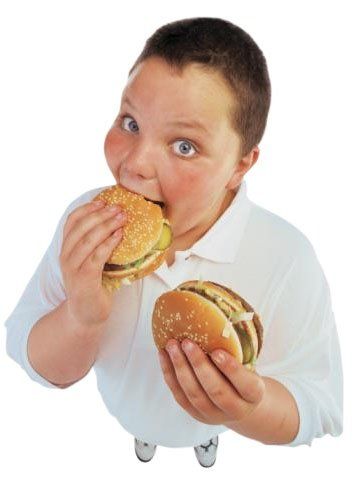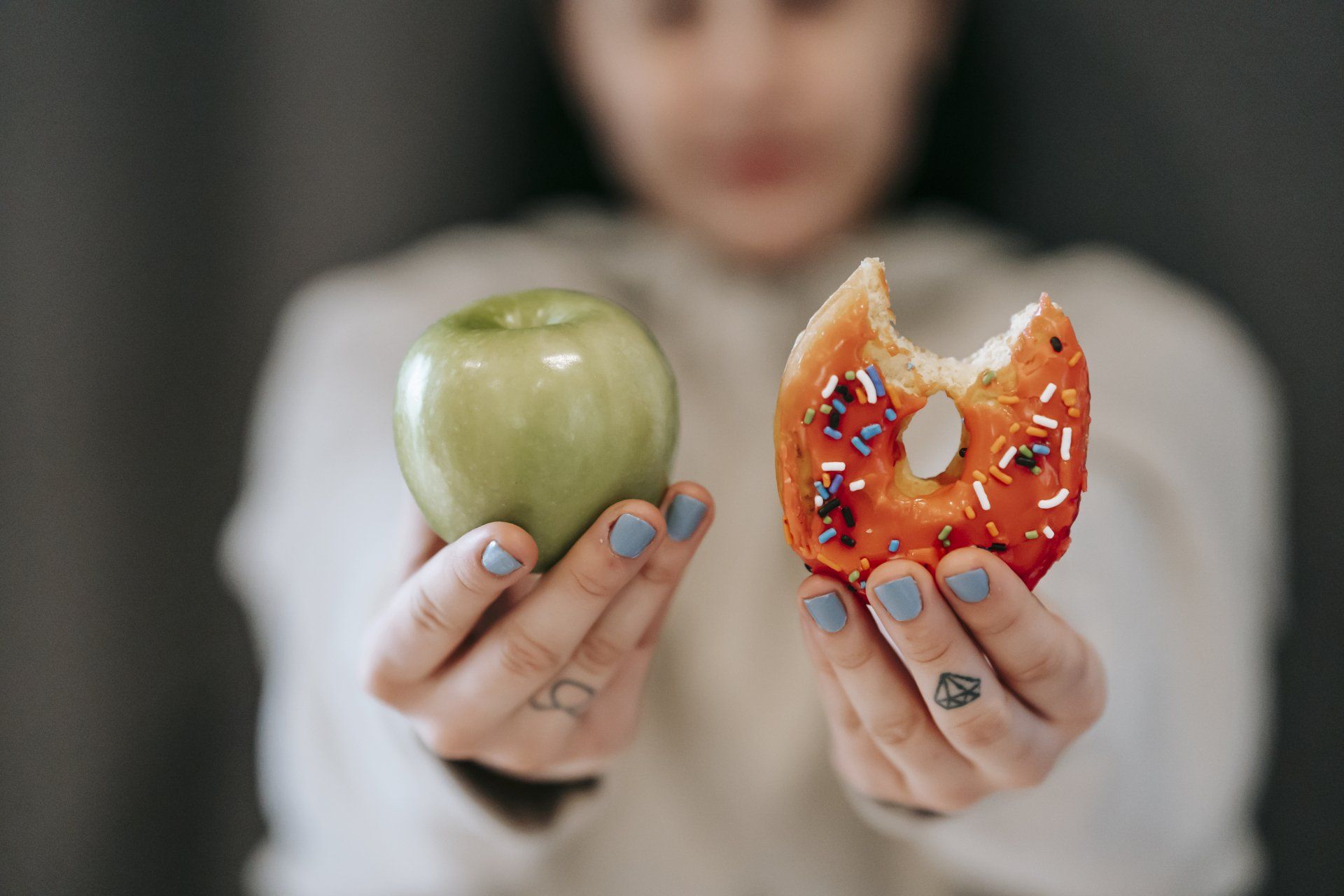Obesity is increasing worldwide and is fast becoming the world’s biggest health problem.
Recent reports suggest that it may soon overtake smoking as a serious health risk. The level of obesity in the UK has tripled in the past 30 years. On current estimates, more than half the population could be obese by 2050. The worldwide increase is also spreading to areas of developing countries where there’s easier access to an over-processed diet, over-large food portions and less need to be active in daily lives.
Obesity is caused simply by an imbalance between energy intake and energy expenditure. The average adult needs about 2000kCal/day. Any excess intake over this is stored by the body. Continued excess calories input therefore over time results in obesity.
Headlines in the news recently have highlighted the fact that in the UK, about 66% of adults are now overweight or ‘clinically’ obese (at least 2-3 stone overweight). Of these, 22% of men and 23% of women are obese meaning their weight is putting their health at considerable risk!
Unsurprisingly, obesity is rising among children too! In an era where we don’t like to attribute blame or it’s ‘un-PC’ to criticize people for being overweight, there is no getting away from the fact that in general, overweight parents raise overweight children. If the family eat the wrong foods at the wrong times then a child will tend to follow suit.
In the past ten years despite a wealth of dietary advice, obesity has doubled in 6 year olds and trebled among 15 year olds. If we continue to make excuses and don’t begin to deal with the issues head on these figures will continue to rise. Overweight children are more likely to become overweight adults.
These statistics are alarming because being overweight and especially being obese, can not only shave an average of nine years from our lifespan, but can increase risk of many health problems. These include Type 2 diabetes, heart disease, certain cancers, strokes, back and joint pain, osteoarthritis, high blood pressure and gallstones. It can also cause infertility, breathlessness, depression, snoring, difficulty sleeping and excessive sweating.
Being obese is not an issue of vanity. It can stop us getting the best from life and puts our day-to-day health at serious risk.


